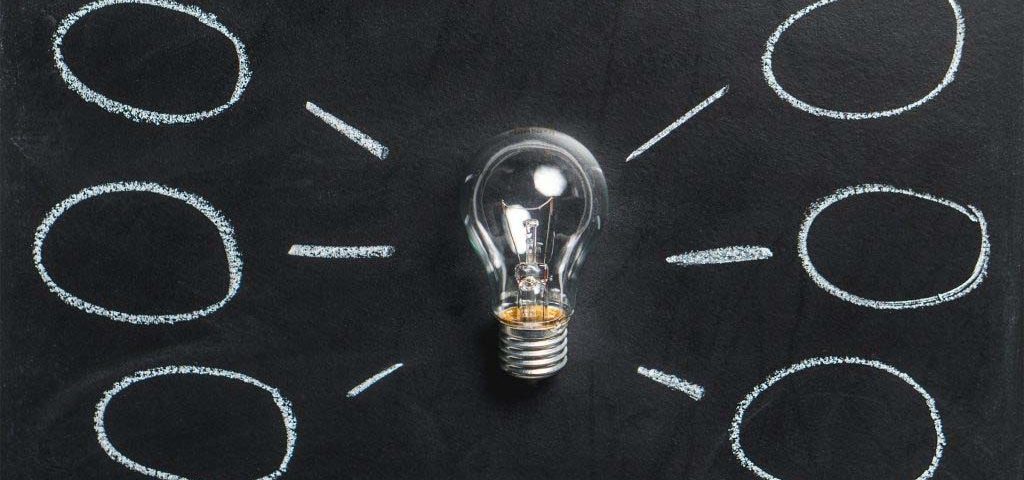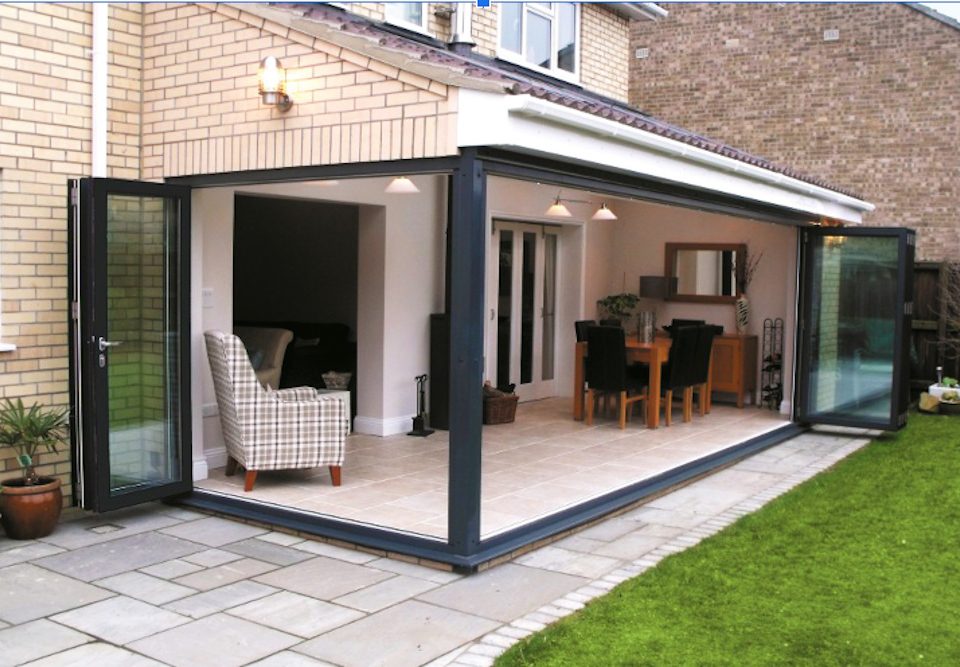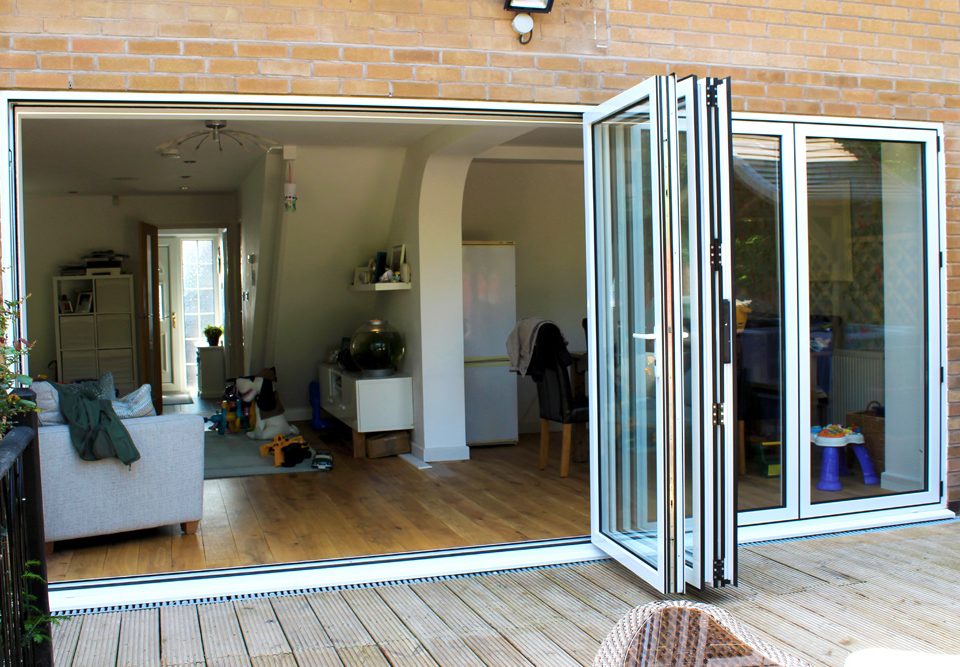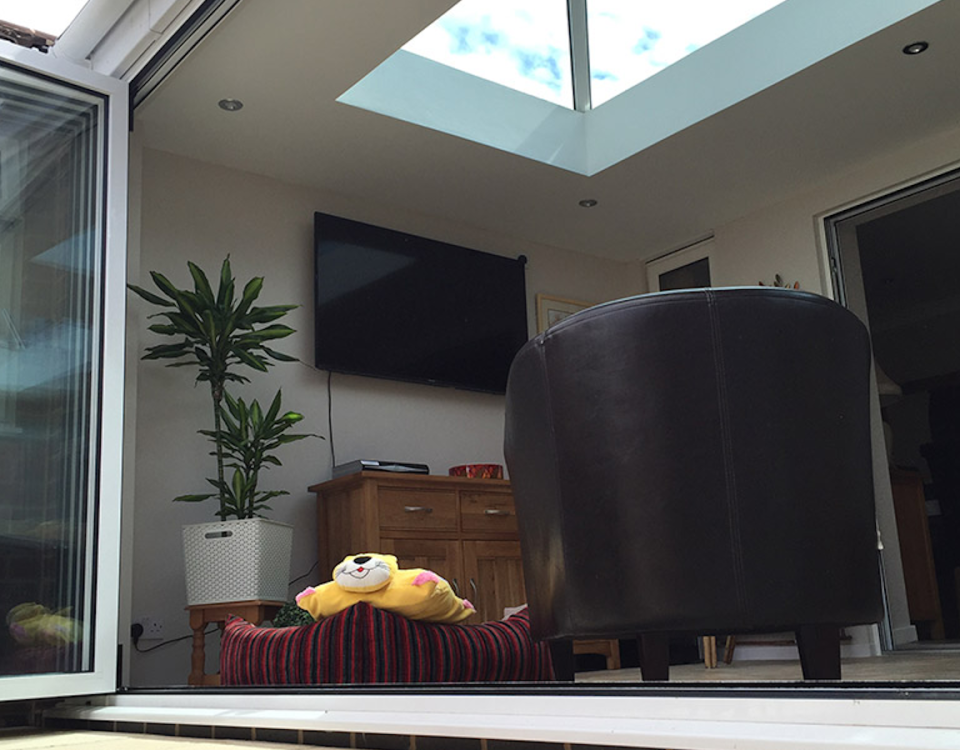
Latest home decor trends- summer edition
6th July 2020
How to Fix Condensation on Windows
7th September 2020Improving the energy efficiency of your home is something that everyone can do to make an impact on climate change and our carbon footprints. Understanding energy efficiency ratings, however, can make this a bit more difficult as it can be hard to decipher. We’ve compiled some helpful information from how to understand your home energy efficiency and how to improve it.
How it’s calculated
You may be used to seeing energy ratings on appliances and white goods, and understanding the rating chart of A+++ to G can be quite simple (A+++ being the best and G being the worst). These ratings are based on how much energy is used to complete the tasks of each appliance across the span of a year. The higher rated products will use a lot less than those that are rated F or G.
However, you may not think about your windows and doors when considering the energy efficiency of your home. These are measured by how much heat is lost and gained through the year. If your doors or windows gain more heat than they lose (through heat from the sun), then they are considered energy efficient, and vice versa.
If you would like more information on energy efficient doors and windows, take a look at the Smarts Aluminium range we provide.
What you can do
When trying to make your home more energy efficient, there are many options you can look into. Here are a few to get you started.
Insulation
Insulation is a great way to stop your house from losing heat in the winter by filling in your wall cavities. It also helps to prevent heat from coming into your home during the summer months, both meaning that your energy bills will be lower by not using as much energy to heat or cool your home.
Double glazing
Much like insulation, having double glazing will reduce the amount of energy you use on heating and cooling your home. An additional benefit is that it will also reduce the amount of noise that comes through the windows, making your home that much more peaceful.
Energy efficient appliances
As explained above, the energy rating on your appliances and whitegoods explains how energy efficient they are. By being mindful of the ratings when you purchase new products, you can start to increase your own energy efficiency throughout your home.
It is also worth noting that older models of certain appliances will naturally have a lower energy efficiency rating than newer appliances. This is due to the newer models design having energy efficiency in mind.
Checking your own habits
Old habits die hard, but making some small changes around your house without having to invest any money can create big results. Whether you are wanting to make changes to be more eco-friendly or to reduce your household bills (or even both), then here are some little steps you can take.
Turning off appliances at the socket
It’s no secret that turning off appliances fully and not leaving them on standby saves energy within your household. But did you know that the Energy Saving Trust estimates that every household spends an extra £35 per year on electricity for appliances that are left on standby? Now this isn’t to say that you should turn off your fridge and freezer every night, but take a look around your home and see how many switches you can turn off. Whether it be the TV, kettle or phone charger, every socket that is switched on with an appliance plugged in is wasting your money.
Turning off lights
For many of us, the phrase ‘it looks like blackpool illuminations’ would often follow a light being left on unnecessarily anywhere around the house when living at home with parents. This was for good reason too! Leaving on lights in a room that isn’t being used is a great waste of electricity, and therefore money.
Lightbulbs
As we said, some of the little steps are easier to take than the bigger ones, and it doesn’t get much smaller than simply changing your lightbulbs. With many of the older style and less energy efficient light bulbs being phased out, you will be able to make the right decisions for your home with a lot less hassle. When choosing a new bulb, consider getting a Halogen, LED or compact fluorescent bulb instead, as these use much less energy than their older counterparts.
Thick curtains
Even with double glazing, you should still expect for windows to lose some heat from your home.You can, however, make them even more energy efficient by hanging thick curtains from them. You are more likely to use your heating during the evening when your curtains are closed, so having a thick, insulating layer to reduce your heat loss will keep you cosier for longer. An added benefit is that these curtains will also reduce noise and light coming into your home, helping you sleep better when hung in a bedroom!
Reduce your heating
Our final tip is a more conscious, ongoing effort that will take time to make into a habit. Paying attention to how much you rely on your heating (and cooling systems like fans and air conditioning) will dramatically reduce how much you are using and spending. You don’t need to be cold in your home but maybe you start noticing small changes you can make around this use. For example, if you find yourself becoming too hot during the winter due to your thermostat being set too high, you can always put it down to a more reasonable temperature. Or if you put the heating on while wearing shorts and a t-shirt, you could consider putting on more winter appropriate clothing before turning up the heat indoors.
Our team are always happy to help you find the right doors and windows for your home. With Smarts aluminium range, we can be sure to help you find the right energy efficient match. Get in touch with us today!







